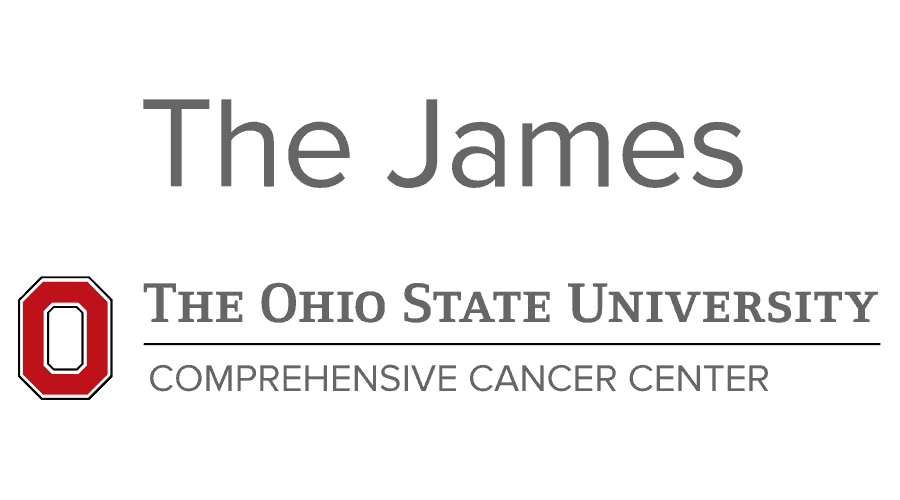
FDA Follow-Up: Utilizing Pembrolizumab for MSI-H/dMMR Advanced Endometrial Carcinoma

Courtney Arn, APRN-CNP, a nurse practitioner who supported cohorts D and K of the KEYNOTE-158 study, discusses the recent approval of pembrolizumab for patients with MSI-H/dMMR advanced endometrial carcinoma.
The recent FDA approval of pembrolizumab (Keytruda) for patients with microsatellite instability–high (MSI-H) or mismatch repair–deficient (dMMR) advanced endometrial carcinoma provides this patient population with an effective treatment option with a manageable toxicity profile, according to Courtney Arn, APRN-CNP.
Arn, a nurse practitioner in the Division of Gynecologic Oncology, The Ohio State University Wexner Medical Center and The James Comprehensive Cancer Center, was heavily involved in the KEYNOTE-158 study (NCT02628067). The findings of this trial informed the regulatory decision.
Cohorts D and K of KEYNOTE-158 showed that patients with unresectable or metastatic MSI-H or dMMR endometrial carcinoma who received pembrolizumab experienced an objective response rate of 46% (95% CI, 35%-56%). At a median follow-up of 16.0 months (range, 0.5-62.1 months), the complete response rate among this population was 12% and the partial response rate was 33%.
Moreover, 68% of responders experienced a response equal to or longer than 12 months, and 44% of these patients experienced a response of at least 24 months. The median duration of response has not yet been reached.
Under the indication for pembrolizumab, patients must have experienced disease progression following prior systematic therapy in any setting and are ineligible for curative surgery or radiation in order to be eligible for the PD-1 inhibitor.
In an interview with Oncology Nursing News®, Arn discussed the significance of this approval and key nursing considerations for pembrolizumab administration.
Oncology Nursing News®: How will the recently approved indication for pembrolizumab impact this patient population?
Arn: The full approval of pembrolizumab for patients with MSI-high endometrial cancer has a very positive impact on this patient population. It provides them with an additional treatment option that is well tolerated with manageable toxicities and has a clinically meaningful response.
Could you highlight dosing and administration with the immunotherapy?
Pembrolizumab is given as an intravenous (IV) infusion. Its dosage is 200 milligrams IV every 3 weeks. It's a 30-minute infusion. The patients do not require any premedication prior to their infusion. Following the 30 minutes, they can go home.
[There is a] very low risk of [developing] a hypersensitivity reaction to pembrolizumab, but there is a possibility of having a hypersensitivity infusion–related reaction. These are a little bit different than with typical chemotherapy; they sometimes can become hypotensive, tachycardic, or have a fever. This hypersensitivity is usually managed with IV fluids, antipyretic, or antihistamines to help stop the reaction.
If it is a mild reaction, they can restart the infusion. However, it might be in a patient's best interest to give pre-medications or give the infusion over a slower rate if they do have an infusion-related reaction.
Throughout the study, did you observe a need for specific patient education with the checkpoint inhibitor?
Patient education is very important, as well as education for other health care providers. First, you want to educate the patient on the possibility of immune-associated adverse events: pneumonitis, colitis, hypothyroidism, etc.
However, not only do you want to educate the patient on the possible adverse reactions, and the signs and symptoms to be looking for, but we also want to [ensure] that the whole team is aware of these possibilities too. In the past, if patients called in with a cough, we might defer to a primary care provider.
[However,] it is really important that everyone taking care of the patient is aware of the possible immune-related toxicities and making sure we are there intervening promptly. It is also helpful to have a multidisciplinary team involved. Referring to endocrinology, pulmonology, and even dermatology has been a great help for [our team] to [address] some of these conditions that can happen with immunotherapy.
Overall, we saw similar toxicities for patients being treated in KEYNOTE-158 as we do with immunotherapy for other solid tumors. [It has] a very consistent profile, and most of the patients managed well.
Newsletter
Knowledge is power. Don’t miss the most recent breakthroughs in cancer care.




































